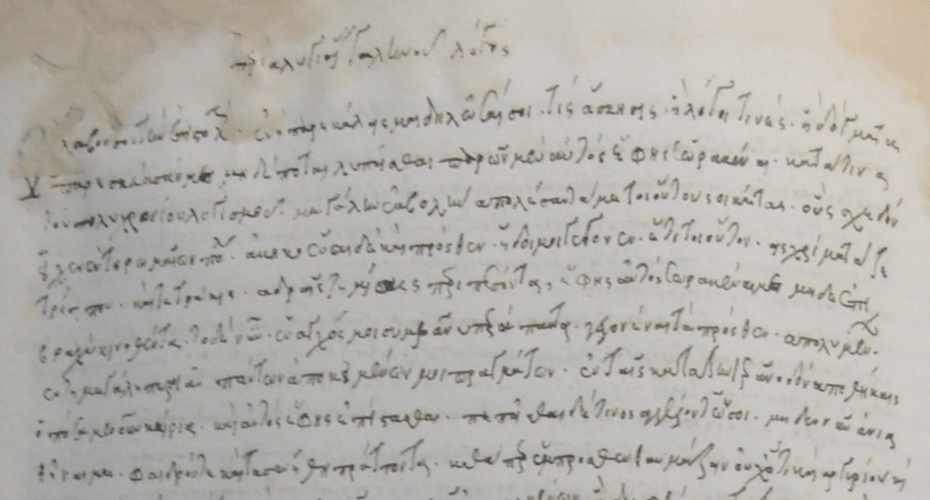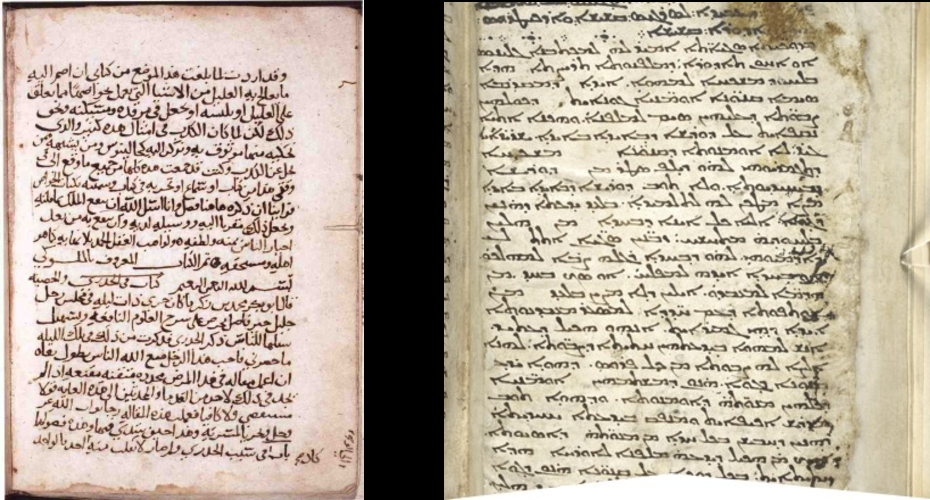Exeter scholars secure significant research funding to investigate the early history of Smallpox and Measles

Galen, 'On Avoiding Distress'
The early histories of smallpox and measles – and the insight they might offer to contemporary health and medicine – will be under the microscope of a new research project.
Pustules, Palaeogenetics and Pandemics from Galen to Rhazes: How to do the Early History of Smallpox and Measles is being led by scholars at the University of Exeter, and will seek to understand both historical developments of diseases and how changing disease patterns in the past might impact our approach to current health challenges.
The five-year project has been awarded a £2.36 million Wellcome Discovery Award and will focus on the writings of two prominent physicians during the first millennium AD – Galen and Rhazes – and the complex multilingual medical tradition between these two authorities.
Galen described a Mediterranean and Middle Eastern pandemic with symptoms like smallpox, while almost 800 years later, Rhazes dedicated a whole treatise to smallpox and measles as mostly childhood illnesses in the Middle East.
The research project will consider what happened in between to lead to such differing pictures, and what genetics can contribute to a story of changing disease phenomena and understandings.
“Pustules, Palaeogenetics and Pandemics aims to re-present the complex history and development of these diseases by bringing together the extensive body of writings in Greek, Latin, Syriac and Arabic, with new genetic and scientific evidence,” says Rebecca Flemming, the Leventis Professor of Ancient Greek Scientific and Technological Thought, and PI of the study, in the University’s Department of Classics, Ancient History, Religion and Theology. “In doing this, we hope to develop a better understanding of past societies, particularly as a resource for current scientific research into human health and illness. With both smallpox and measles becoming a matter of public discussion and concern, we hope this historical perspective will help to inform the way we meet current and future health challenges.”

The project will be based in the Centre for Environments and Cultures of Health (CCEH) at Exeter, drawing on multidisciplinary expertise from across the University and internationally. It will bring together historians, archaeologists and scientists to investigate the early history of smallpox, measles and similar serious infectious diseases, more specifically, in epidemic and endemic forms, across the ancient Mediterranean and medieval Islamicate worlds, and globally.
It will trace pustular fevers of different kinds through Greek, Latin, Syriac and Arabic medical texts, which were all part of a lively continuing tradition, starting with Galen’s Greek and concluding by producing the first modern edition of Rhazes’ Arabic treatise on smallpox and measles, with an up-to-date translation and notes. Importantly, it will also engage with the scattered palaeogenetic data—analysis of ancient pathogen DNA—and evolutionary models that are emerging around the variola virus (which causes smallpox), and other archaeological evidence. In so doing, it will seek to answer questions, including how these diverse sources are best put into dialogue? How can we make the most effective use of a much richer multi-lingual medical tradition than is usually recognised? And what does understanding changing disease patterns in the past have to offer current health challenges?
“Our aim is to rewrite the early history of these specific diseases and transform approaches to the history of disease in general,” adds co-investigator Nahyan Fancy, the Al Qasimi Professor of Islamic Studies at Exeter’s Institute of Arab and Islamic Studies. “And we will advocate for current medical science to take the history of disease seriously, as a discipline and a resource for today’s health sector.”



